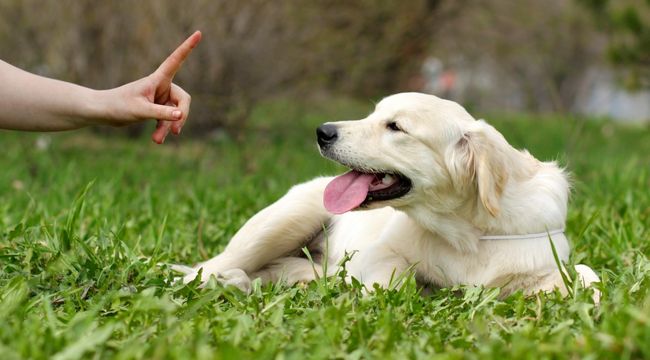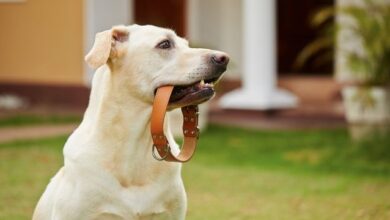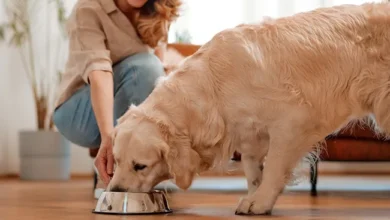
Dog training should start when they’re young. Who doesn’t want a dog that can expertly obey rules? In this article, we’ll talk about puppy training and why it’s important. We’ll talk about some effective tips and tricks to train your puppy. Read on!

Importance of Puppy Training
There are several reasons why puppy training is important.
- It establishes you as the pack leader. Dogs are social animals and need a pack leader to follow. Your puppy will see you as their leader when you’re the one giving the commands. This is important for their overall well-being and will help prevent behavioral problems down the road.
- It helps your puppy learn basic obedience commands. These commands include sit, stay, come, down, and more. By teaching your puppy these commands, you’ll be able to better control them when they’re older. It’s also a great way to bond with your puppy.
- It helps socialize your puppy. Socialization is important for all dogs, but it’s especially important for puppies. Puppy training classes are a great way to socialize your pup and get them used to being around other people and animals.
- It can help prevent behavior problems. Teaching your good puppy manners from an early age can help prevent behavioral problems down the road. For example, if you teach your puppy not to jump on people, they’re less likely to do this as an adult.
- It’s fun! Training your puppy can be a fun and rewarding experience for both you and your pup. You’ll get to bond with your puppy while teaching them new things.
Related post: The Dos and Don’ts of Puppy House Training
Puppy Training Tips
Now that we’ve talked about why puppy training is important let’s talk about some tips and tricks to help you get started.
- Choose a positive reinforcement method. Positive reinforcement is a great way to train your puppy because it’s based on rewarding good behavior. This can be done with treats, praise, or both. Avoid using negative reinforcement methods, such as scolding or punishment, as these can cause your puppy to become fearful or anxious.
- Be consistent. When you’re training your puppy, it’s important to be consistent with your commands and rewards. If you use different words for the same command or give a treat only sometimes when they obey, it will be more difficult for your puppy to learn.
- Be patient. Puppy training takes time and patience. It’s important to keep this in mind when you’re working with your pup. If you get frustrated, take a break and come back to it later.
- Have realistic expectations. Don’t expect your puppy to be perfect right away – they’re still learning! Set your expectations realistically and give yourself (and your puppy) some grace during the training process.
- Seek professional help if needed. If you’re struggling to train your puppy on your own, don’t hesitate to seek professional help from a dog trainer or behaviorist. They can help you troubleshoot any problems and give you customized advice for your pup. Enrolling y your pet in a puppy school is also a great idea.
What You’ll Need for Puppy Training
You’ll need a few things before you start puppy training:
- A collar and leash: A collar is a must for any dog, especially when you’re first starting out with training. A leash will allow you to keep your puppy close by and prevent them from running off or getting into trouble.
- Dog treats: Puppy treats are a great way to positively reinforce good behavior. When your puppy does something you’ve asked them to do, give them a treat!
- A quiet place to train: You’ll want to find a place where there aren’t too many distractions. This will help your puppy focus on the task at hand.
To Wrap it Up
Puppy training is important for your pup’s overall well-being, obedience, and socialization. It can also help prevent behavior problems down the road. Before you start puppy training, make sure you have all the necessary supplies (collar, leash, treats) and a quiet place to train. Be consistent with your commands, be patient with your pup, and don’t forget to reward them with treats! If you need additional help, seek professional assistance from a dog trainer or behaviorist. With the right tools and training tips, you can have a happy, well-behaved puppy in no time.
Read More:



